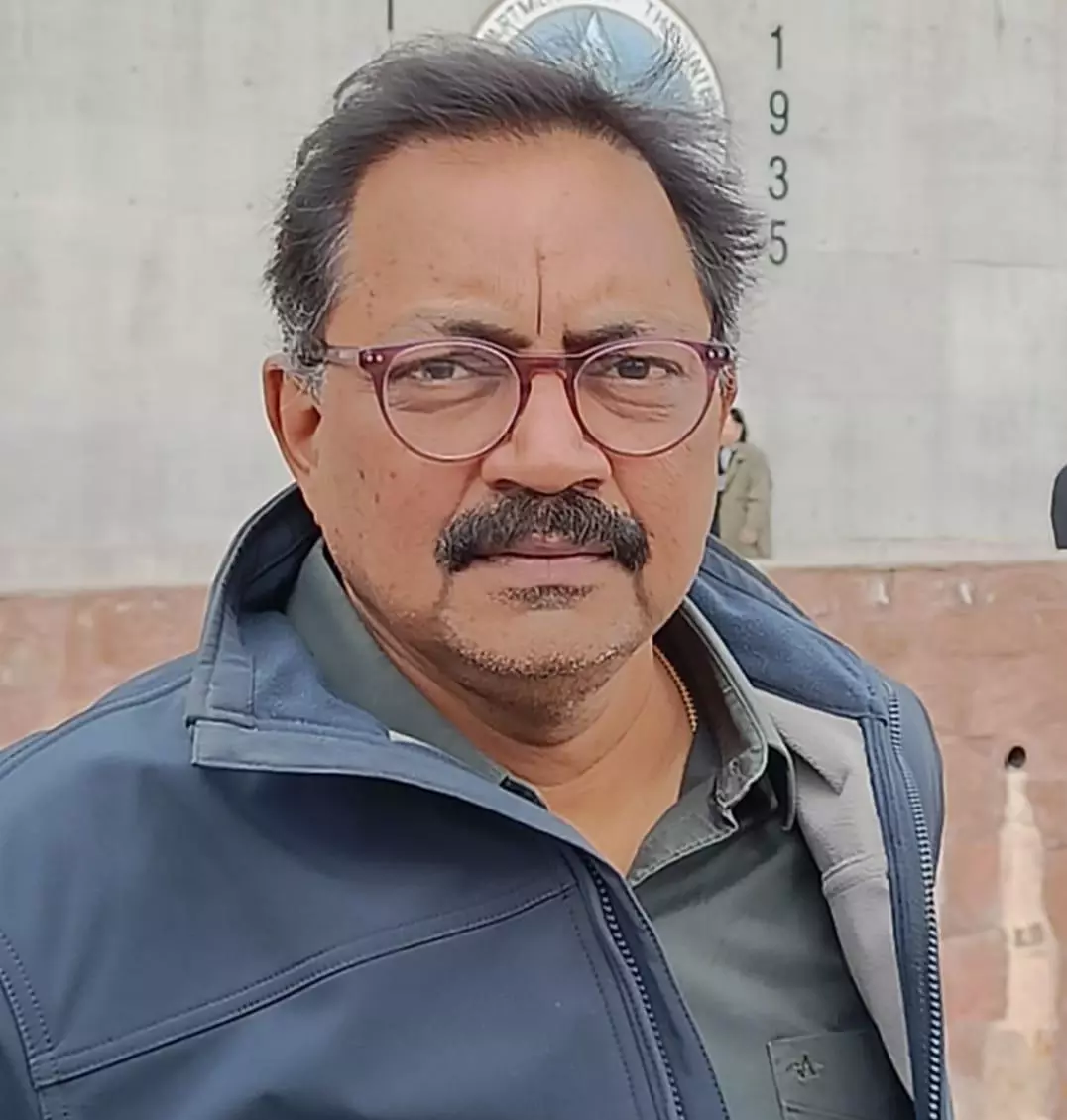Telangana High Court allows inter-religion couple to opt for no religion on child’s date of birth certificate
Responding to a writ petition filed by a couple belonging to two different religions urging the Telangana High Court to allow them not to fill in the religion or caste column on the online application of their son’s birth certificate, the Court allowed them to do so

HYDERABAD: Responding to a writ petition filed by a couple belonging to two different religions urging the Telangana High Court to allow them not to fill in the religion or caste column on the online application of their son’s birth certificate, the Court on July 19, 2023, allowed them to do so.
Delivering the historical judgment, Justice Lalitha Kanneganti also directed the Human Resources Development Ministry, Government of India; Registrar Census, Principal Secretary Government of Telangana, Director Municipal Administration and Municipal Commissioner to provide a column for ‘no religion’, and ‘no caste’ in the online application format and receive the petitioners’ application for registering the birth of their son, by virtue of Article 25 of the Constitution of India. “The child has every right to claim that he does not belong to any religion or caste,” the Judgement reads.
The petitioners’ lawyer mentioned that David was a research scholar in Osmania University and Swaroopa was a journalist. They fell in love and got married. On March 23, 2029 they had their first child a boy and named him as Evan Rudea. When they wanted to apply for birth certificate, they found that they must fill the religious status of the child in column number nine without which the application would be rendered incomplete and the same cannot be presented.
Under the religion column, the options given were Hindu, Islam, Christian and the fourth one was ‘other religions’. “Any other” option was also prescribed under Religion column only, but there was no option for non-religious practitioners or identity. It was submitted that India being a secular country the couple could not be compelled to mention that he or she belonged to a particular religion against their will and wish by virtue of online platform.
The predicament
“Now our son is almost four years old and we can't admit him into a regular school as there is no birth certificate on his name, because we can't mention his religion,” David told NewsTAP on Sunday. He said that even though they were settled in Tarnaka, the child was born in his wife’s native village Kothakota in Wanaparthy and the local authorities refused to issue a date of birth certificate.
When asked why the couple was adamant about not mentioning the name of the religion of the boy, David said that they have decided not to do so as a principle. “Even when we got married we just exchanged garlands and we will fight that there should be no religion or caste column even in application death certificates,” David said.
Before knocking on the doors of the High Court the couple made repeated efforts to convince the authorities that their child doesn’t belong to a particular caste or religion and he was an Indian by birth. “We now admitted him to a play school and even they are demanding a birth certificate, we know that our son must get his birth certificate before he attains five years of age and we are glad that now we will get his certificate and put him in a regular school,” he said thanking the Court.
In her judgment, Justice Lalitha Kanneganti said that it was the responsibility of all concerned to transform constitutional idealism into reality. “The petitioners have every right not to follow or profess any religion and such right is implicit in Article 25 of the Constitution of India. It is the bounden duty of the respondents to act in consonance with the rights guaranteed to the citizen by the Constitution of India. The system has to evolve along with the times, and the changing requirements of the citizens. The constitutional court cannot remain a mute spectator to the legitimate requirement of a citizen,” the judgment reads.



